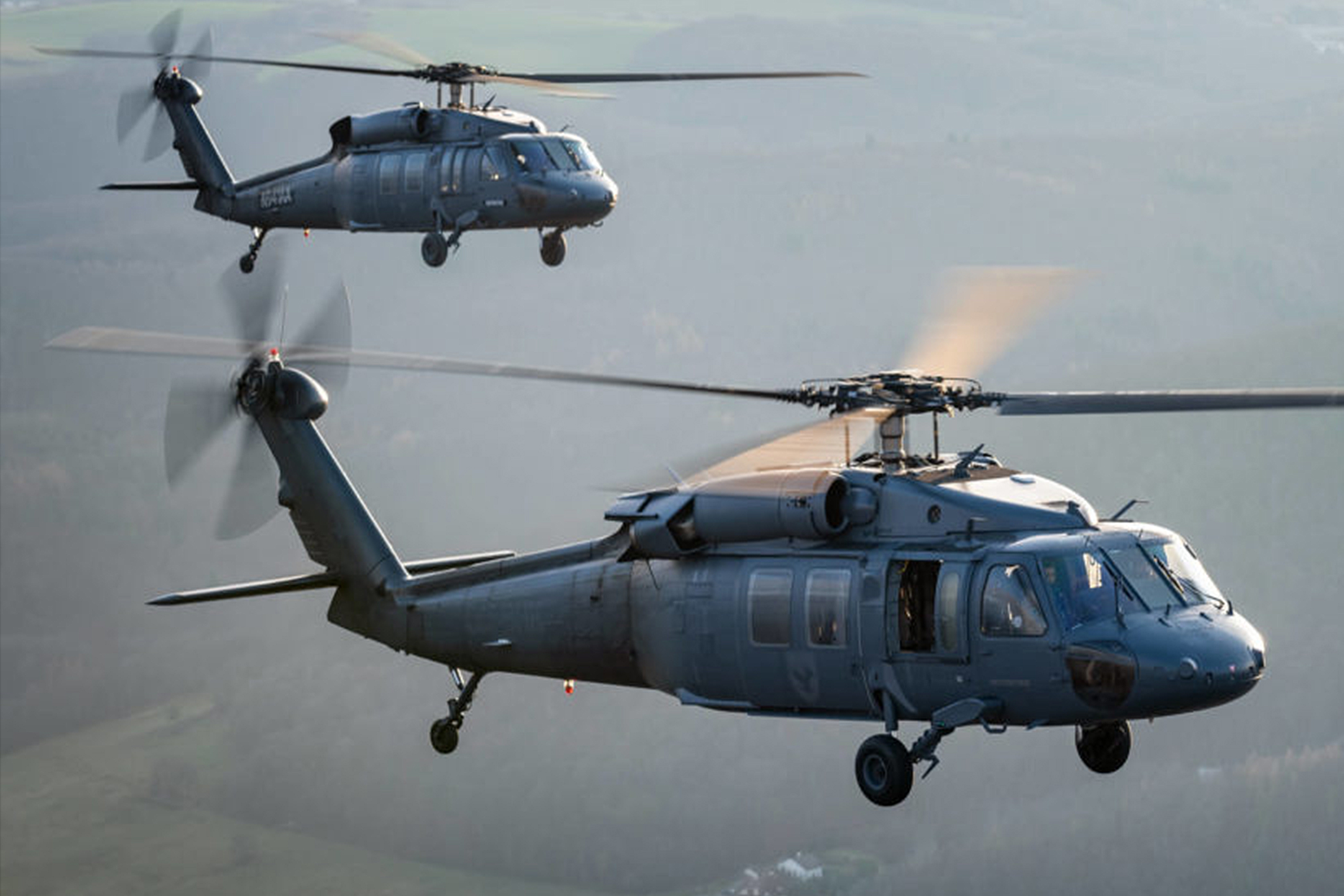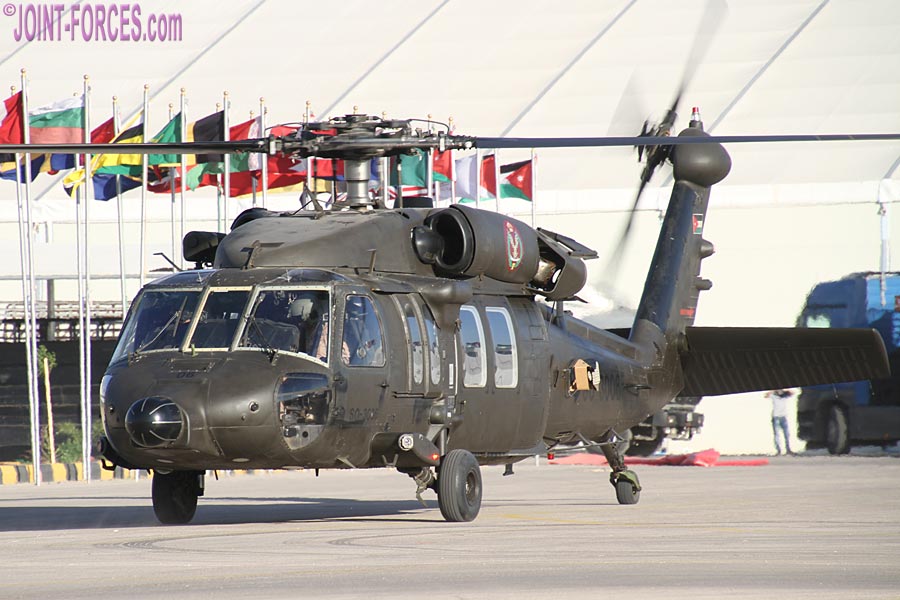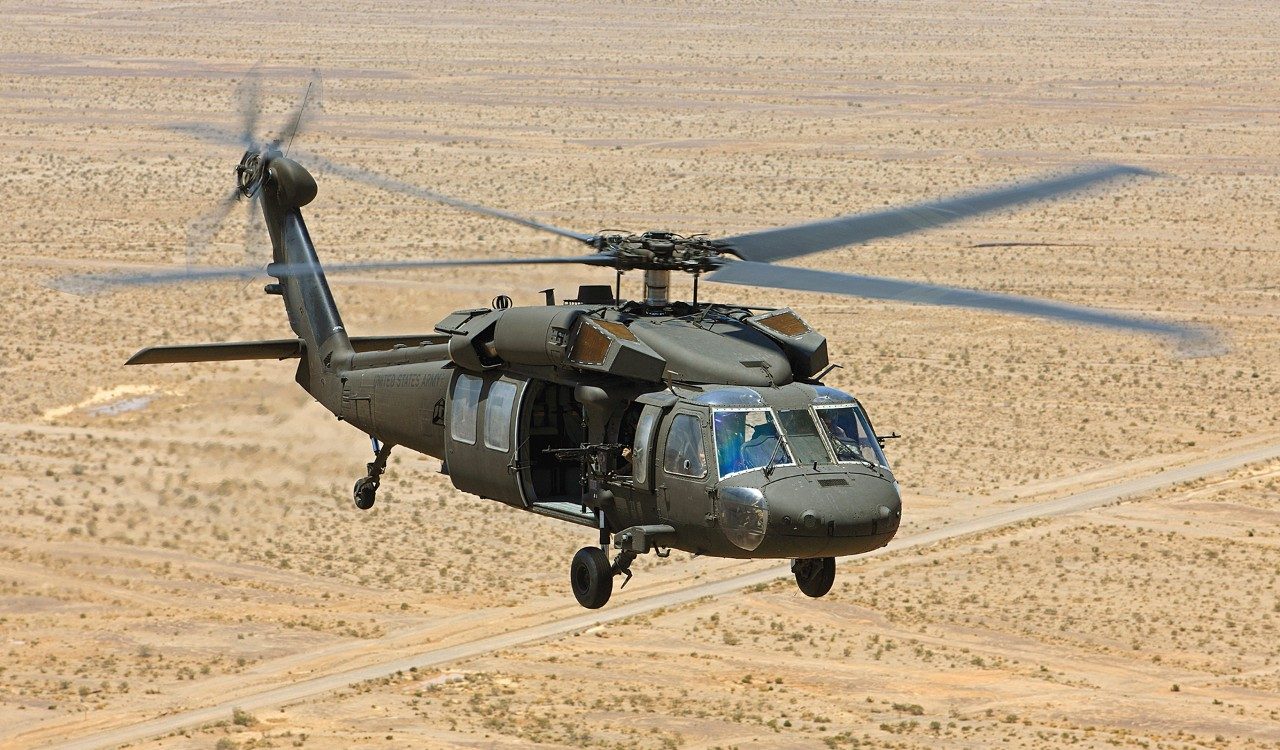UH 60 Black Hawk: Key Functions and Technologies
UH 60 Black Hawk: Key Functions and Technologies
Blog Article
The Effect of Lasting Practices on the Future of Airplane Operations and Emissions Decrease
As the aviation sector deals with boosting scrutiny over its ecological effect, the fostering of lasting techniques becomes an important pathway toward future airplane procedures and exhausts decrease. Developments in sustainable aeronautics fuels and improvements in crossbreed propulsion innovations stand at the leading edge of this makeover, appealing substantial reductions in greenhouse gas exhausts. The effective integration of these campaigns hinges on a selection of variables, including governing frameworks and sector partnership. The question stays: just how will these advancing techniques reshape the dynamics of flight and contribute to a more sustainable future?

Summary of Sustainable Practices
Lasting practices in aircraft procedures encompass a variety of strategies focused on decreasing environmental effect while preserving functional performance. These methods are vital in the aviation market's dedication to reducing its carbon impact and adhering to worldwide ecological criteria. Trick initiatives consist of maximizing flight paths to minimize gas intake, boosting maintenance protocols to guarantee airplane run at peak efficiency, and applying innovative modern technologies such as winglets and lightweight products that boost aerodynamics.

Engaging and training staff on sustainability practices also play an essential function, cultivating a culture of ecological duty within organizations. Generally, the integration of these sustainable methods not just aids lower exhausts however additionally enhances the long-term stability of the aviation field, guaranteeing it satisfies the needs of both customers and regulative bodies while adding to international sustainability goals.
Cutting-edge Fuel Alternatives
Many innovative fuel options are emerging as critical services to decrease the air travel sector's reliance on traditional fossil fuels. Amongst these choices, Lasting Air travel Gas (SAFs) have gotten considerable interest as a result of their prospective to reduce lifecycle greenhouse gas discharges by approximately 80% compared to traditional jet fuels. SAFs are stemmed from different feedstocks, including waste oils, farming residues, and also algae, making them a functional alternative for the market.
An additional appealing choice is hydrogen fuel, which, when utilized in gas cells, produces only water vapor as a by-product. Additionally, electric propulsion systems are being explored, leveraging battery technology to power airplane.
Finally, biofuels originated from biomass are being checked out, offering a sustainable choice that can be blended with traditional gas. Collectively, these ingenious gas options represent an important action toward achieving a sustainable aeronautics ecosystem, straightening with international emissions decrease targets and improving the sector's environmental stewardship.
Technical Developments in Aviation

How can technical developments improve the future of aeronautics? Developments such as electrical and hybrid propulsion systems are at the center, promising significant reductions in fuel consumption and greenhouse gas exhausts.
Moreover, the application of advanced materials, such as lightweight compounds, adds to boosted the rules of aerodynamics and fuel performance. Making use of artificial intelligence and device knowing in flight operations optimizes path planning and reduces gas melt by making it possible for real-time modifications based on weather condition and web traffic problems. In addition, the advancement of self-governing and remotely piloted aircraft systems stands to change freight and passenger transportation, possibly increasing efficiency while lessening human error.
In addition, lasting aeronautics innovations, consisting of innovative air web traffic administration systems, can lower and enhance procedures blockage, causing reduced emissions during trip. These developments jointly stand for a standard shift in air travel, guaranteeing a future where sustainability and operational efficiency are linked, thus supporting the sector's commitment to minimizing its environmental impact.

Regulative Structure and Conformity
Because of the expanding focus on ecological stewardship within the aeronautics field, the regulatory framework governing airplane procedures is advancing to advertise lasting methods. Regulatory bodies, such as the International Civil Aeronautics Organization (ICAO) and different national aviation authorities, are introducing rigid standards targeted at reducing discharges and enhancing functional effectiveness.
These policies typically include the fostering of Lasting Aeronautics Gas (SAF), which has actually been acknowledged as a vital part in accomplishing reduced carbon footprints. Conformity with these regulations calls for airlines to apply innovative technologies and functional practices, such as maximized flight courses and enhanced air website traffic monitoring, to minimize fuel consumption.
Additionally, the enforcement of discharges trading systems and carbon offsetting campaigns is go to this web-site becoming significantly widespread, engaging airlines to check and report their exhausts precisely. Non-compliance can result in substantial fines, hence pushing operators to prioritize sustainability in their organization models.
Eventually, the evolving regulatory landscape not just drives advancement and investment in green technologies however also fosters a culture of accountability within the air travel industry. As these frameworks proceed to develop, the concentrate on sustainable techniques will certainly be indispensable to accomplishing the field's long-lasting ecological objectives.
Future Trends in Aircraft Procedures
As the aeronautics industry adapts to an increasingly rigid regulative atmosphere, future trends in aircraft operations are set to concentrate on innovative remedies that additionally enhance sustainability and performance - uh 60. Trick developments will likely consist of the adoption of sophisticated air web traffic administration systems, which utilize real-time data and synthetic intelligence to maximize trip courses, decreasing gas intake and discharges
Another considerable fad is the raised combination of lasting air travel gas (SAFs) These choices to standard jet fuel, derived from sustainable sources, can dramatically decrease lifecycle greenhouse gas discharges. The market's commitment to SAFs will likely increase as airlines team up with fuel producers to make certain schedule and cost-effectiveness.
Furthermore, the push in the direction of electrification and hybrid propulsion systems is obtaining energy. Arising aircraft styles will include these technologies, using quieter and more reliable operations, specifically for short-haul flights.
Conclusion
The fostering of lasting our website air travel gas, coupled with improvements in electric and hybrid propulsion systems, is essential for reducing lifecycle greenhouse gas discharges. Optimizing trip courses and accepting ingenious innovations contribute to a quieter and a lot more environmentally pleasant aeronautics field.
Developments in lasting aeronautics fuels and developments in hybrid propulsion modern technologies stand at the leading edge of this improvement, encouraging substantial decreases in greenhouse gas discharges.Many ingenious gas alternatives are arising as critical remedies to minimize the air travel industry's reliance on standard fossil fuels - uh 60. Amongst these alternatives, Lasting Aeronautics Fuels (SAFs) have actually gained considerable interest due to their prospective to decrease read more lifecycle greenhouse gas emissions by up to 80% contrasted to conventional jet fuels.Another significant trend is the raised combination of sustainable air travel gas (SAFs) The fostering of sustainable air travel gas, coupled with developments in electric and hybrid propulsion systems, is crucial for minimizing lifecycle greenhouse gas emissions
Report this page